Veni grants for fifteen Groningen researchers
The Dutch Research Council (NWO) has decided to award Veni grants to fifteen researchers from the UG and the UMCG: Sebastian Beil, Stefan Berger, J. A. ten Brink, Mohamad El-Merheb, Sasha Goldstein-Sabbah, S. Kurdi, Guinevere Lageveen-Kammeijer, Jozine ter Maaten, João C. Magalhães, E. S. Marteijn, F. Rizzo, Tobit Steinmetz, Henk van Waarde, Daoming Wang and Oscar Franken. With the grant money, the researchers will be able to further develop their own research ideas for three years.
In total, the NWO has provided Veni funding up to €280,000 each to 188 promising early-career researchers. The Veni grants, together with the Vidi and Vici grants, are part of the NWO Talent Programme. The Veni grants are designed for outstanding researchers who have recently gained a PhD. Within this Talent Programme, researchers are free to submit their own topics for funding. The NWO selects the researchers on the basis of their quality, the innovative nature of their research, the expected societal impact of their research proposal, and the possibilities for knowledge utilization.
The following proposals from the UG and the UMCG were awarded a Veni grant.
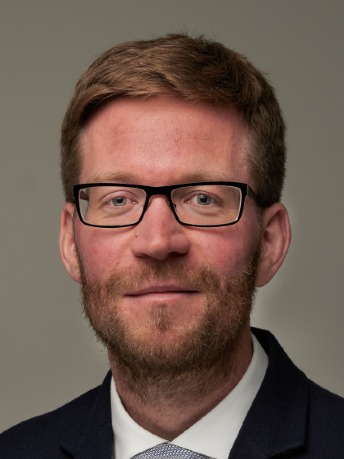
Lighting the Way of Drug Discovery: Photochemical Synthesis of Non-Natural Amino Acids
Dr Sebastian Beil, Faculty of Science and Engineering
The photochemical synthesis of non-natural amino acids is a promising approach for drug discovery. Thismethod utilizes visible light to create new amino acids that can be incorporated into proteins or smallmolecules to create new drug candidates with improved properties such as increased stability or specificity.Mild photochemical synthesis of non-natural amino acids also allows for the precise control of their chemicalstructure, which can lead to more selective and effective drug candidates. In this project new non-naturalamino acids will be made with blue light photocatalysis to ensure a supply of these powerful building blocksfor future medicines.
The profile page of Dr Sebastian Beil
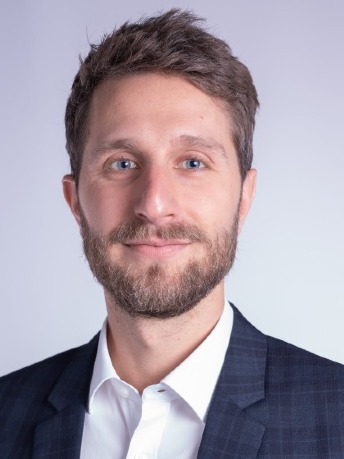
Destabilizing the archetypal team: Causes and consequences of dynamic team membership
Dr Stefan Berger, Faculty of Economics and Business
More than 90% of organizations rely on teamwork and billions of euros are invested in team development each year. These activities are typically based on knowledge that researchers developed on ‘archetypical’ teams in which membership is full-time and stable. This is problematic because most of today’s employees work in multiple teams simultaneously and regularly change their teams (= dynamic team membership). The present project develops insights into how employees experience such dynamic team membership, which are used to create a training module on how to better manage today’s teams.
The bigger the better, the smaller the faster: Why do males and females grow apart?
Dr J. A. ten Brink, Faculty of Science and Engineering
In many animal species males and females look differently. This has consequences for the management of populations since males and females will respond differently to environmental change. Differences between the sexes are often not fixed, but change during the development of an individual due to environmental conditions, for example food availability. In this project, the researcher will study how environmental conditions affect the evolution of sex differences and what the consequences of these differences are for the population.
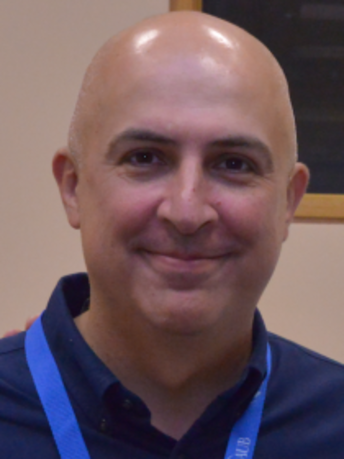
Sovereignty, Sanctity, Violence and Conversion in the Outremer: the crusades of Louis IX in Arabic and 'Islamicate' political thought
Dr Mohamad El-Merheb, Faculty of Arts
This project innovatively brings the Eastern Mediterranean’s contact with Latin Christianity during the crusades into the history of premodern Islamic political thought. By examining an Arabic corpus of understudied treatises by Muslim, Jewish, and Christian authors, and the material culture produced around Louis IX’s Crusade and his stay in the East, this research uncovers how the ideological enterprise of the king of France moulded novel Islamicate conceptions of sovereignty, legitimacy, the Latin West, and the papacy. This project uncovers further fundamental transformations ensuing from this contact in Islamic views on sanctity, the justification and rules of war, and religious conversion.
The profile page of Dr. Mohamad El-Merheb.
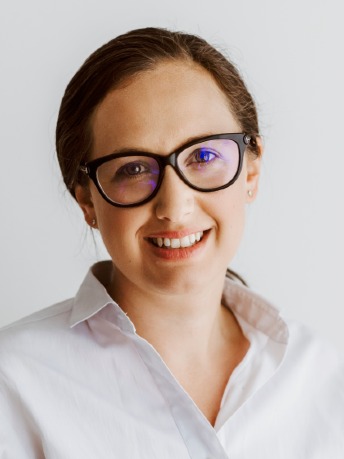
Optimizing Orientalism? Rethinking the Global Jewish Elite
Dr Sasha Goldstein-Sabbah, Faculteit der Letteren
How did Middle Eastern and North African (MENA) Jewry build transnational philanthropic, commercial, and diplomatic networks in the period between 1860-1948? This project explores the agency of MENA Jewry, using documents from private and institutional archives to rethink the connection between transnational religious networks and empire building. In doing so this project demonstrates the centrality and agency of Jewish communities located outside of Europe, in ways that challenge assumptions about the center and the periphery within empire. I hypothesize that, within the context of European imperial ambitions, MENA Jewry consistently challenged the social norms and political expectations of colonizers.
On the move: Imaging propagating spin waves in two-dimensional magnets
Dr S. Kurdi, Faculty of Science and Engineering
Our increasing dependance on technology demands smaller and more energy efficient electronics. The researcher will develop a novel tool with ultra-high resolution to capture images of coupled magnets in the atomic scale as a first step towards the development of low power nanoscale devices to meet demands in current information technology.
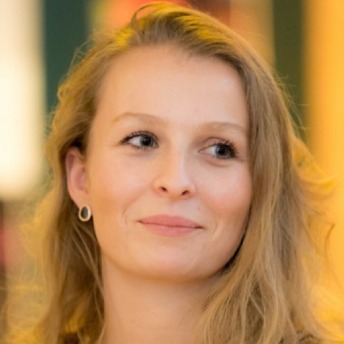
Deciphering the Glyco-code of Head and Neck Cancer by Generating a Single Cell Glycomics Workflow
Dr Guinevere Lageveen-Kammeijer, Faculty of Science and Engineering
Our cells are covered with a dense layer of glycans, and when incomplete or incorrect, their structures contribute to the malignant phenotype of cancer cells by promoting proliferation, metastasis, and immunosuppression. In this project, I will decipher and characterize the malignant glyco-code of head and neck cancer by developing an innovative analytical workflow. By using minimal sample amounts (up to single cell), optimize sample preparation strategies and combining this with cutting-edge techniques, I will be able to pinpoint glycomic alterations which eventually can be exploited for personalized prognosis and treatment strategies of head and neck cancer.
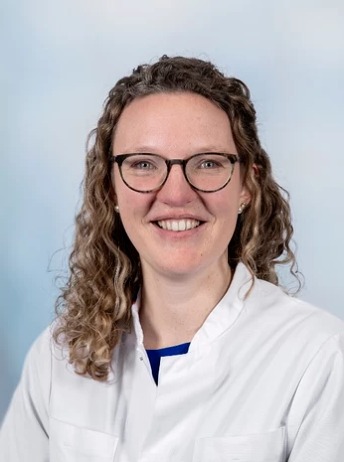
The role of fluid and salt in acute heart failure
Dr Jozine ter Maaten, Cardiology UMC Groningen
Patients with acute heart failure retain fluid, however there is great variety in where this fluid is retained in the body. Currently, all patients are treated exactly the same however, regardless of where the fluid is retained. This research will specifically study acute heart failure patients with an extensive amount of fluid in the tissue, to study the role of storage of salt in the tissue and whether treatment with additional salt might lead to better treatment of this excess fluid.
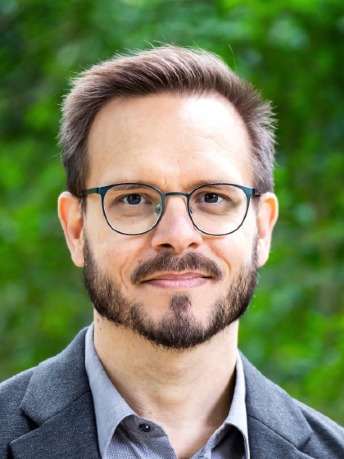
(Re)forming Moderation of Platform Content
Dr João Magalhães, Faculty of Arts
Social media platforms’ ability to define and govern what is objectionable and desirable (platform content moderation) has reconfigured disputes over free speech worldwide.
Yet little is known about the history of these governance regimes – whose interests platforms heeded and ignored as they navigated the unique political, technical, legal, and economic difficulties of policing speech at scale. Tracing this development is crucial to better understand and reform platforms’ power.
This project will study the critical moments in the making of moderation rules and use its findings to create guidelines for remaking online speech control, producing open datasets in the process.
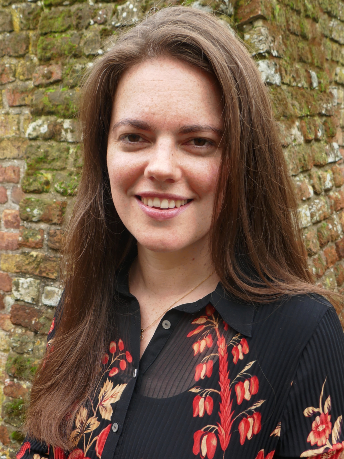
Rituals in Flux: Diasporic religion of Christian Palestinian refugees, 1948-present
Dr E. S. Marteijn, Faculty of Arts
The vast majority of Christian Palestinians worldwide live in diaspora. Academic knowledge about these communities is scarce. This research project traces the formation and global entanglements of Christian Palestinian refugee communities from 1948 to the present, and examines how their theological ideas and religious practices are affected in situations of violent conflict and forced displacement. It does so by studying these refugees in three different contexts: Israel (internal displacement), Lebanon (displacement in the region) and Germany (displacement outside of the region). Ultimately, this project develops an interdisciplinary theoretical framework to further our understanding of the connection between religion and refugees.
High-resolution galaxy kinematics at z?3: a new perspective on the interplay between ordinary and dark matter in driving galaxy evolution
Dr F. Rizzo, Faculty of Science and Engineering
Almost 40 years ago, astronomers discovered that nearby galaxies rotate so fast that the gravity generated by stars and gas could not possibly hold them together. This led them to believe that galaxies are held together by an invisible form of “dark matter”. However, to date, the nature of this dark matter has remained a mystery. By using new data from very distant galaxies, this research will clarify what exactly this strange substance is made of and will allow for learning more about the build-up and assembly of structures in the early Universe.
Profiling and detection of dangerous plasma cells in Sjögren's disease
Dr Tobit Steinmetz, Rheumatology and clinical immunology UMC Groningen
Antibodies are protective defense proteins of our body that shield us from viruses and bacteria. But antibodies can become harmful when directed against ourselves. Patients suffering from Sjögren’s disease have self-directed antibodies that limit the ability to produce saliva and tears and raise the patients’ risk of blood cancer. This research creates a mug shot of plasma cells that make these harmful antibodies. Knowing the profile of plasma cells helps to find a patient-specific treatment that uniquely affects harmful plasma cells while leaving protective plasma cells untouched.
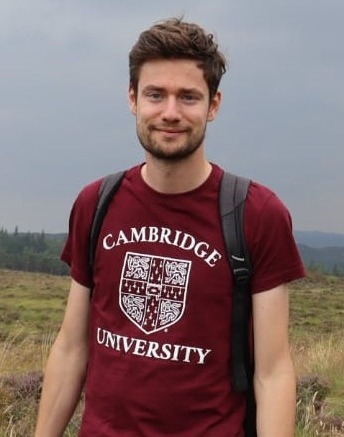
Kernel-based control theory of nonlinear systems
Dr Henk van Waarde, Faculty of Science and Engineering
Conventional digital computers require a large amount of energy to operate. The vision of neuromorphic computers is to perform calculations in the same way as the human brain. In this project, the researcher will establish groundbreaking mathematical models of neurons. These models will form the basis for a theory of energy efficient neuromorphic computing with a small carbon footprint.
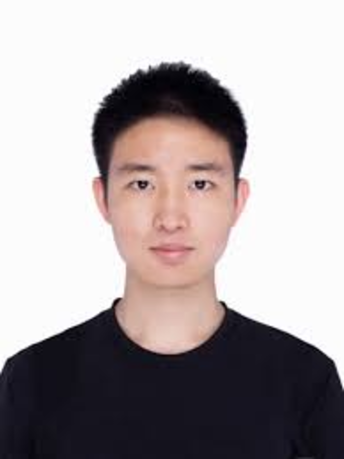
Why misfortunes often come together: understanding the gut microbiome’s role in the co-occurrence of cardiometabolic and kidney diseases
Dr Daoming Wang, Universitair Medisch Centrum Groningen
Cardiometabolic disease (CMD) and chronic kidney disease (CKD) often co-occur, thus increasing treatment difficulty and mortality. Gut microbes are associated with both cardiometabolic and kidney health, yet the causal bacterial genes and pathways underlying CMD and CKD remain unclear. This project delves into the DNA code of gut bacteria to identify bacterial genes regulating both cardiometabolic and kidney health and depict new molecular pathways connecting CMD and CKD.
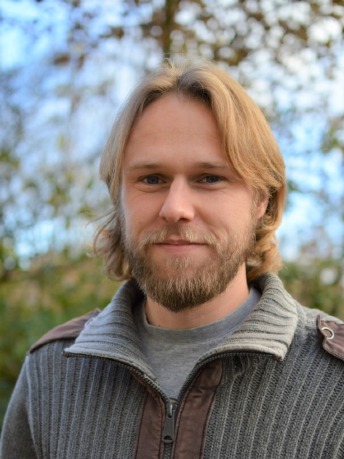
Effects of heat waves on marine communities in shallow coastal seas
Dr Oscar Franken, Faculty of Science and Engineering & NIOZ Royal Netherlands Institute for Sea Research
Increases in frequency and intensity of heat waves are affecting life in shallow seas. Especially locations that are dry during low tide are exposed to extreme temperatures. Animals living more shallowly could therefore have a higher risk of dying. I will analyse existing datasets to see if species in the Dutch Wadden Sea have been affected by heat waves. In experiments I will test if we can explain the observed changes by measuring the thermal tolerance of species. This research quantifies the risk shallow seas face during heat waves, which is important to anticipate on effects of future heat waves.
The profile page of Dr. Oscar Franken.
| Last modified: | 04 March 2025 08.45 a.m. |
More news
-
12 March 2025
Breaking news: local journalism is alive
Local journalism is alive, still plays an important role in our lives and definitely has a future. In fact, local journalism can play a more crucial role than ever in creating our sense of community. But for that to happen, journalists will have to...
-
11 March 2025
Student challenge: Starting Stories
The Challenge Starting Stories dares you to think about the beginning of recent novels for ten days.
-
11 March 2025
New: Sketch Engine, tool for language research
Sketch Engine is a tool for language research, which can also be used for text analysis or text mining.
